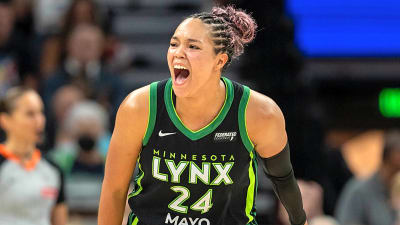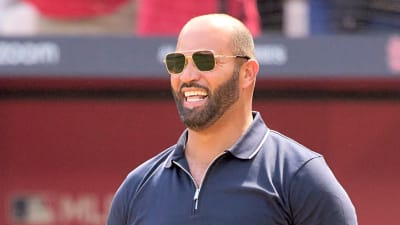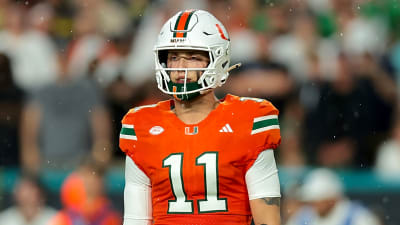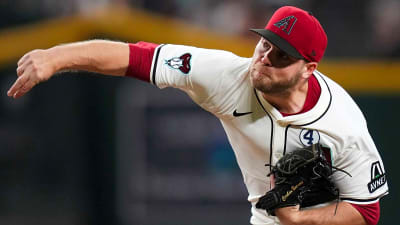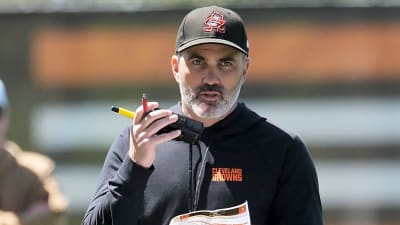
In a scathing critique that has set social media ablaze, Manchester United legend Wayne Rooney delivered brutal verdicts on his former club. Speaking on a BBC broadcast, Rooney declared: “This is not Manchester United. I cannot recognize the whole football club. I don’t see players fighting. I don’t see character. I don’t see a desire to win. I don’t see ability. I don’t see match winners. Nothing gets me off my feet.”
Those remarks resonate not just as fan frustration but as the voice of someone who once lifted trophies in Old Trafford. Rooney’s words are striking in their bluntness, and in what they suggest about a heritage club now adrift.
The Depth Of Rooney’s Disillusionment
Rooney’s critique isn’t the rant of an angry ex-player. It arrives after months of turbulent results, nervous performances, and growing concern inside the club’s corridors. As someone who knows what it feels like to carry the weight of the red shirt, his observations cut deeper than many pundits’.
To say he could “not recognise” the club is to imply a rupture between past values and the present state. Manchester United’s identity once hinged on grit, character, and a refusal to be beaten. Rooney argues those qualities are missing now: no aggression in midfield battles, no instinct for a comeback, no players stepping up when it counts.
His claim that he “doesn’t see match winners” is particularly damning. Legends are not just born at clubs of United’s stature; they emerge in dire moments. Rooney seems to say that no one on this squad carries that spark, that when things go wrong, they fold rather than fight.
Rooney’s criticism is moreover public and unvarnished; he’s not tiptoeing around the crisis. Rather, he forces the question, what’s become of the culture at Old Trafford?
What’s Gone Wrong On The Pitch
To understand the context of Rooney’s remarks, one must look at what’s unfolded on the field lately. Under Ruben Amorim, United have struggled to find consistency. The team is mired in a poor run of form, slipping down the Premier League table, with just nine wins in 33 Premier League games, worse than Garry Neville’s record at Valencia. They were also eliminated from the EFL Cup earlier in the season against Grimsby Town, an embarrassing loss.
Amorim responded to Rooney’s critique by defending the club’s long-term ambitions. He asserted that aiming for the Premier League title is a necessary sign of intent, even if it’s unrealistic in the short term. The manager said Rooney’s brandishing of naivety is easy from the pundit’s desk, but his belief is that Manchester United must still talk like contenders to remain relevant in the modern football landscape.
The contrast is stark. Rooney accuses the club of lacking fight, while Amorim insists the club must keep its eyes on the summit, however distant. The tension between short-term reality and long-term ambition is now center stage.
From tactical rigidity to a lack of spark in attack, many fans believe United no longer possesses the ingredients for big moments. The squad appears disconnected, too passive, and without faith in its challenge. Rooney’s words are, in effect, a challenge to the players, the coaching staff, and the board: Are you still United?
The Legacy Factor: Rooney’s Authority And The Weight Of History
When Wayne Rooney speaks about Manchester United, people listen. He spent over a decade at the club, scored 253 goals, and was the face of a team that ascended to English and European greatness. His voice carries weight not just through nostalgia but through legitimacy.
His critique draws from more than sentiment. He’s witnessed the internal shifts, the takeover of commercial priorities, the changing identity of “big clubs” in modern football. He’s seen talent come and go, often without glue or leadership to bind it. That gives his judgments a sharper edge.
Yet Rooney is not infallible. His managerial career has had its struggles, short spells at Birmingham City, DC United, and elsewhere have yielded limited success. Critics argue that a man who couldn’t build sustainable success now judges a club spiraling. Even so, few would disregard his passion for the red shirt or his understanding of what United once stood for.
In this sense, Rooney’s words operate like a mirror reflecting how far United has drifted from its storied past. His frustration echoes the mood of countless fans who grew up watching Cristiano Ronaldo, Ryan Giggs, Paul Scholes, and Rooney himself transform games with raw willpower. That legacy remains the benchmark, and the current team has rarely matched it.
What Must Change For Redemption
Rooney’s condemnation is harsh, but the deeper question is whether it will spark change. For any turnaround, several essentials must be addressed if Manchester United is to find its footing again. Leadership on the pitch is the first element.
A team without a commanding voice is doomed to drift. United needs a captain and senior figures capable of demanding higher standards when pressure mounts. The absence of such figures has created a vacuum that opposition sides exploit week after week.
The squad’s structure also needs adjustment. Talented individuals mean little without the edge to fight for results. United needs defenders who relish challenges, midfielders who seize control, and attackers who thrive on responsibility. It is about warriors, not passengers.
The tactical side must evolve as well. Too often the team looks predictable, with opponents easily neutralizing United’s approach. Adaptability is the hallmark of successful clubs, and without flexibility in formation or strategy, United will continue to be exposed.
More importantly, the club must rediscover its identity. For decades, Manchester United were defined by resilience and belief. They were never out of a game until the final whistle, a mindset cultivated under Sir Alex Ferguson. Today, the lack of fight has become symbolic of a wider issue, where the club’s brand value seems stronger than its footballing soul.
Final Thoughts
The board and ownership also bear responsibility. Lofty statements about returning to title glory mean little without tangible structures to support them. Investment must be smart, not scattergun.
The recruitment of players should fit a cultural vision rather than quick fixes, while youth development, once United’s proudest hallmark, must once again be prioritized.
If those elements align, Rooney’s words could mark the beginning of a renaissance. If not, they risk becoming just another bitter reminder of how far the club has fallen.
Rooney’s anger reflects more than nostalgia; it reflects the fear of permanent decline. His verdict that nothing excites him about Manchester United is damning. Fans once flocked to Old Trafford with the expectation of drama, comebacks, and brilliance. Now they arrive with resignation.
Whether the club he once defined can recover remains uncertain. What is certain, however, is that if Manchester United continue down this path, Rooney’s refusal to recognise them will not be his alone. It will become the sentiment of a generation of fans who once lived for United’s glory but now watch in disbelief.
More must-reads:
- Gabriel shows title-winning mettle with last-gasp Arsenal winner
- Panthers' Dave Canales, Bryce Young accept blame after blowout loss to Patriots
- The 'Most intentional walks in a MLB season' quiz
Breaking News
Trending News
Customize Your Newsletter
 +
+
Get the latest news and rumors, customized to your favorite sports and teams. Emailed daily. Always free!
